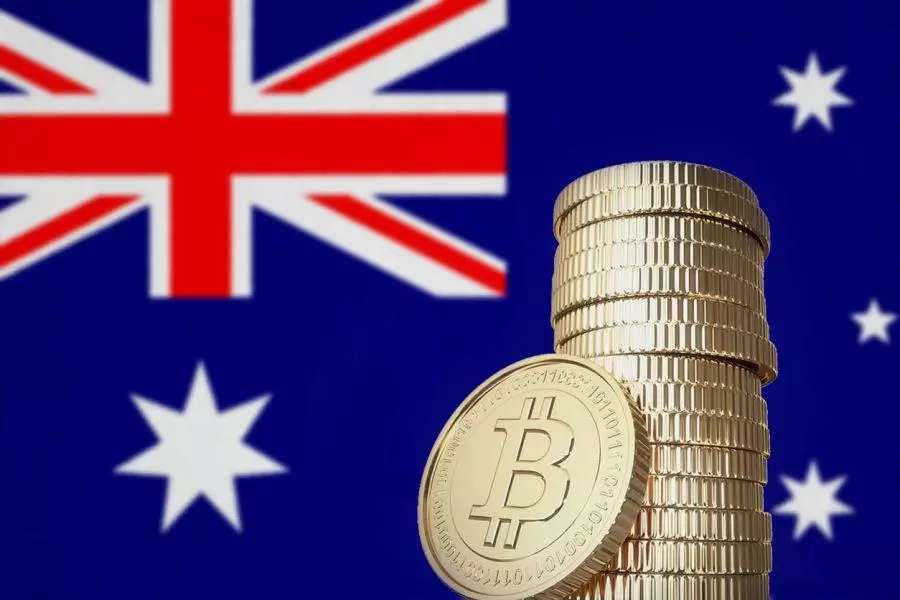During the Intersekt Fintech conference in Melbourne, Ben Rose, General Manager of Binance Australia, expressed confidence in the ability of Australian regulators to make informed decisions on digital asset regulations. This optimism stands in contrast to the recent challenges and regulatory scrutiny faced by Binance Australia.
In May, Binance Australia was abruptly disconnected from its payment provider due to concerns about the “high risk” of scams and fraud. This resulted in the suspension of Australian dollar deposits and withdrawals, attributed to decisions made by an undisclosed third-party service provider. There were speculations of involvement by Westpac, a central Australian bank, which had also imposed restrictions on fund transfers to certain crypto exchanges. Additionally, the Commonwealth Bank (CBA) implemented partial restrictions on bank payments to crypto exchanges, citing scams and customer financial loss concerns.
The situation escalated further with the Australian Securities and Investments Commission (ASIC) conducting investigations at Binance Australia’s offices in July. The focus of these inquiries was on how the exchange categorized its clients as retail or wholesale investors. Binance had previously closed its local derivatives exchange due to the misclassification of Australian users as wholesale investors. While ASIC did not officially confirm or deny the searches, they acknowledged the ongoing review of Binance Australia.
In the face of these challenges, Binance reiterated its commitment to working closely with local authorities and adhering to regulatory standards. Ben Rose emphasized their dedication to restoring banking relationships and fiat ramp services for their one million Australian customers. He expressed confidence in Australian regulators eventually making the right decisions regarding crypto regulation.
The upcoming Treasury consultation on licensing frameworks in Australia holds great significance. Rose believes that it will have a substantial impact on the industry. He also highlighted the positive engagement between industry stakeholders and regulators, indicating progress. Despite the obstacles, Rose remains optimistic about reaching a resolution within a reasonable timeframe.
Christian Westerlind Wigstrom, representing Monoova, a payment provider in Australia, acknowledged the growing discussions between major crypto exchanges and policymakers. While understanding the concerns of banks regarding scams, Wigstrom stressed the need for more nuanced dialogues between regulators, banks, and crypto industry leaders. He emphasized the importance of proactive collaboration to address the challenges effectively.
The Path to Crypto-Specific Legislation
During Australian Blockchain Week, Trevor Power, an Australian Treasury assistant secretary, discussed the structure of a forthcoming framework for classifying tokens based on their function and purpose. He shared that the timeline for crypto-specific legislation is expected to emerge around 2024, pending the reception of the framework by Australia’s lawmakers.
Power emphasized that the framework, as outlined in the token mapping paper, aims to categorize tokens by considering their function, system, and value. The intention is to create a regulatory structure aligned with these principles, facilitating easy classification of tokens. It is important to note that this framework is designed to be technology-agnostic and not limited to specific types of tokens.
The complex landscape of digital asset regulations in Australia presents challenges for industry players like Binance Australia. Regulatory scrutiny, restricted banking relationships, and ongoing investigations have created obstacles. However, there is optimism that Australian regulators will make informed decisions while engaging in constructive dialogues with industry stakeholders.
Collaboration between regulators, banks, and crypto industry leaders is crucial to navigate these challenges effectively. The forthcoming framework for classifying tokens based on their function and purpose aims to create a regulatory structure that is adaptable and inclusive.
While the path to crypto-specific legislation may take some time, the optimistic outlook and commitment from industry players like Binance Australia, payment providers like Monoova, and government officials like Trevor Power indicate progress towards a more robust regulatory framework in Australia.

